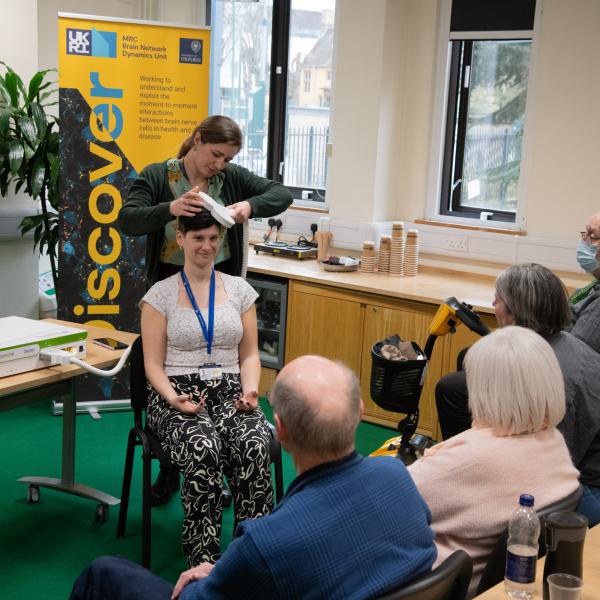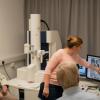A novel use of choral speech significantly reduces stuttering in a simulated presentation setting: An exploratory study
Choral speech, where people speak in unison with another voice, can improve fluency in stuttering. This study tested its use in simulated presentations with recorded and text-to-speech decoder voices. Average stuttering dropped from 10% to below 3%. One participant with severe stuttering reduced disfluency from 49% to 2% and reading time from 19 to 4 min. These early findings show strong potential for real-life stutter-free public speaking.
Choral speech, defined as speaking in unison with another voice, has long been recognised for improving speech fluency while maintaining speech naturalness for people who stutter (PWS). However, its practical application has been limited by the need for a live second voice. This exploratory study investigated whether choral speech could be used in a simulated presentation setting with two alternative voice sources: participants’ own voice recording and computer-generated voice. The condition using participants’ own recording built on findings that many PWS experience increased fluency when speaking alone; participants therefore recorded their voice on their own, which was later played back through headphones during their presentation. In the computer-generated voice condition, participants synchronised their speech with a text-to-speech (TTS) decoder after uploading the presentation text. Two additional conditions were included for comparison: a baseline reading with no intervention, and a non-speech auditory feedback using white noise. Results showed a substantial decrease in disfluent syllables, with the mean percentage dropping from 10 % at baseline to below 3 % in both choral speech conditions. One participant reduced stuttering from 49 % to 2 %, and shortened reading duration from approximately 19 to 4 min with the TTS decoder, while improving perceived speech naturalness. To the author’s knowledge, these preliminary results are first to suggest that choral speech with a TTS decoder can significantly reduce stuttering in a simulated presentation setting. Further research should investigate its clinical potential to support real-life presentations and reduce public speaking avoidance.


Unit early-career researchers Camille Lasbareilles and Ioana Grigoras demonstrate transcranial magnetic stimulation to members of the Unit’s Patient and Public Advisory Group.

